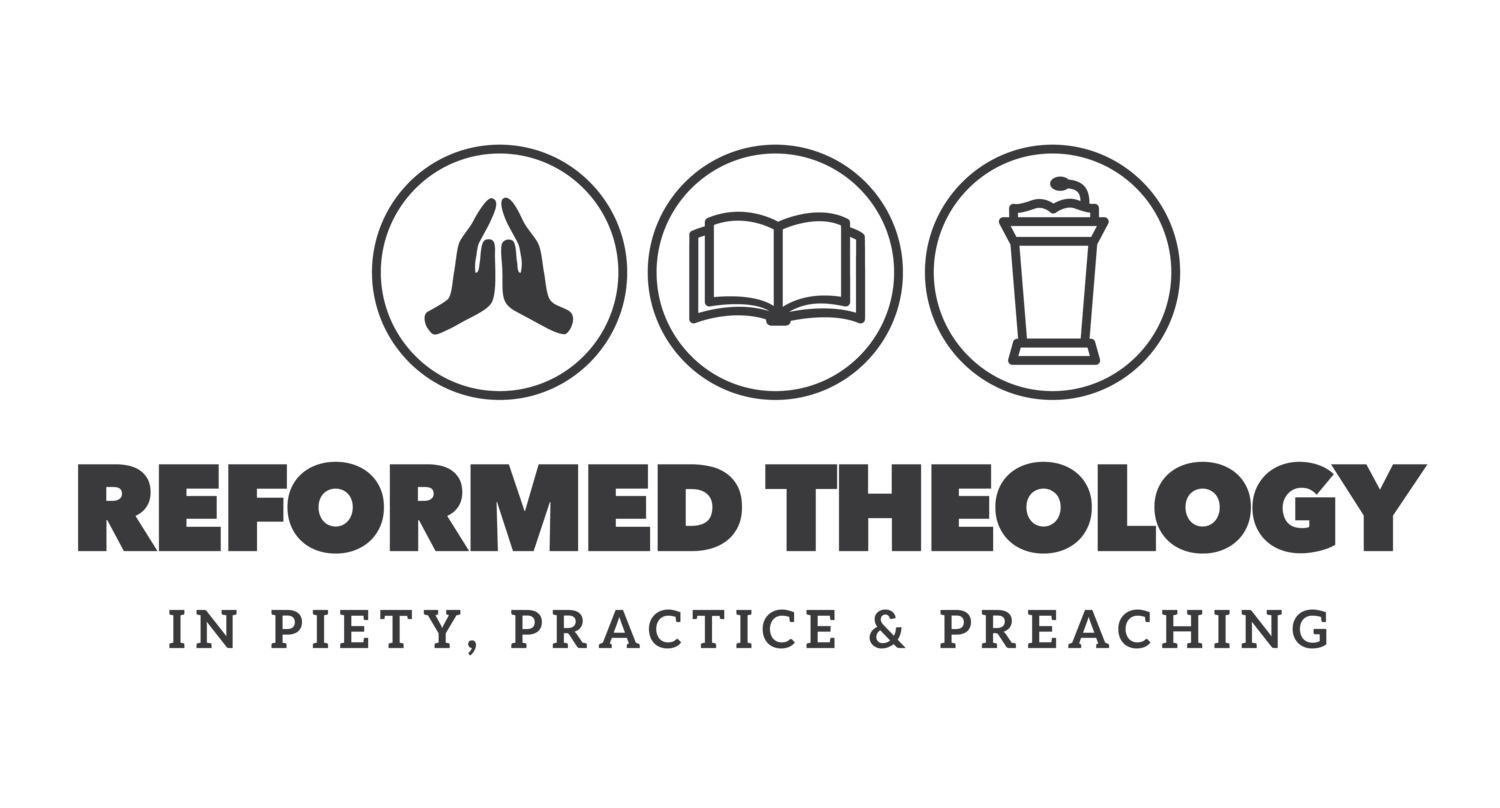One of the most undervalued and unknown doctrines is Christian Liberty. These days fundamentalism is on the rise in the Reformed churches. People believe that the only way to combat the ever-increasing tide of secularism is to build high doctrinal sea walls to preserve the church from the flood of falsehood. They believe that if everyone toes the same doctrinal that uniformity of belief and conviction will preserve the church from compromise, decline, and devolution. The problem is that people envision doctrinal uniformity in areas about which the Bible says little to nothing: politics (think tax rates or universal healthcare), courtship (how to meet and marry your mate), or education (home schooling is the only way), for example. In the past I would have visitors come to my church and ask me, “Is this a courtship church?” “Is this a homeschool church?” “Does your church distribute voting guides?” There was an expected answer, and if I didn’t give it, people would hit the bricks. In a nutshell, many Christians elevate matters of personal conviction to doctrinal positions that should be universally confessed. Any failure to adhere to these convictions constitutes more than a mild disagreement but rather heterodoxy or worse—heresy!
We are not the first Christians to face such things and, blessedly, our theological forefathers thought the problem was significant enough to devote an entire chapter to the doctrine of Christian Liberty in the Westminster Confession of Faith (chp. 20). In brief, the doctrine of Christian Liberty maintains that only the doctrines of Scripture are morally binding, whereas the commandments of men are not, no matter how well intended or seemingly pious they might be. Only God has the right to bind our consciences, our fellow Christians do not. Personal convictions never rise to the level of divinely given commands. In a similar vein, even if people try to pass off their opinions as the teaching of Scripture, we still have God-given freedom through Christ’s mediatory work—our declaration of righteousness through faith alone in Christ alone sets us free from the curse of the law and anyone who would try to bind our consciences.
During the sixteenth- and seventeenth-centuries Reformed theologians promoted the doctrine of Christian Liberty because the Roman Catholic Church prohibited the eating of meat on Fridays and also claimed that celibacy was a superior form of Christian devotion. The Reformers rejected such claims and held fast to the doctrine of Christian Liberty—they refused to submit to such teachings because they were the mere teaching of men, not morally binding imperatives of Scripture. We still have this same Christ-wrought Spirit applied freedom today.
We should be careful, therefore, whenever we make the claim to offer the “biblical” teaching about certain preferred ways of life. We do not want to apply this label to a mere human opinion let alone try to bind the consciences of others in the church. Conversely, we can relish the freedom Christ has given us through our justification—we only need to submit to the teaching of Scripture. Our Christian Liberty should never be a cover-up or pretense for sin. What Scripture forbids, we must never do.
In the end, we should never look for or try to build a fill-in-the-blank church. Is this a ____________ church? Politics (such as debatable public policy), dating vs. courtship, different convictions about schooling methods, or eating vegetables vs. meat (think Romans 14), should not be the things that people look for in a church. Rather, they should look for a church that bears the three marks: the right preaching of the gospel, the right administration of the sacraments, and the proper administration of church discipline. From there, they should look for a church where people with all sorts of different personal convictions rally, not around their personal opinions, but around Jesus and his gospel.
